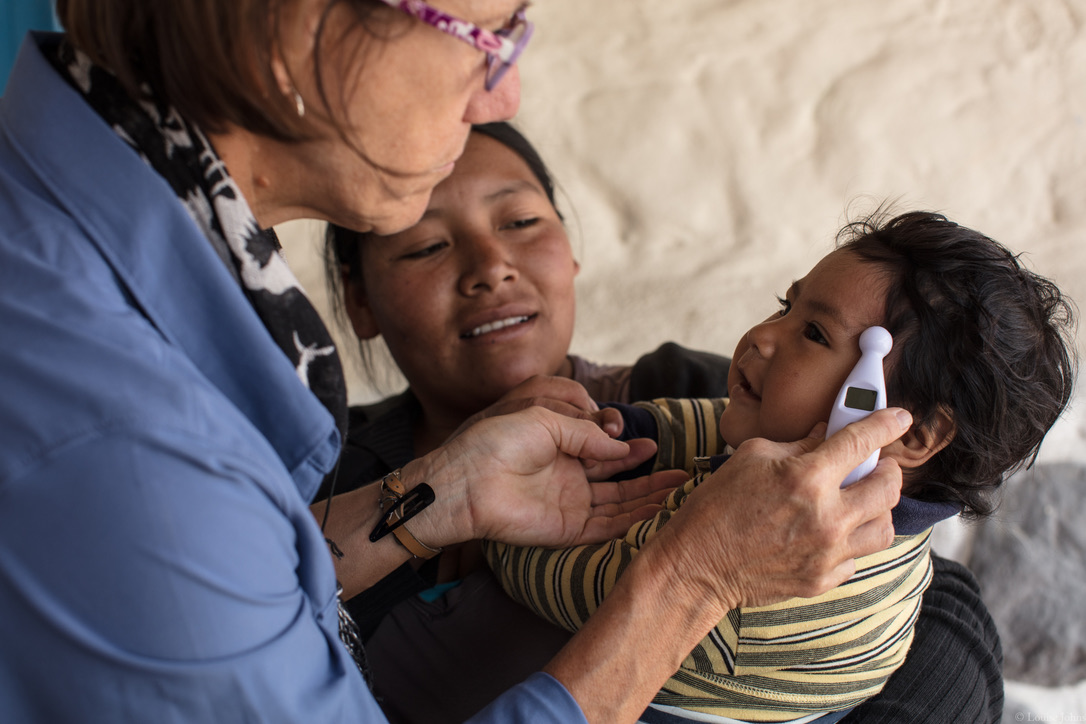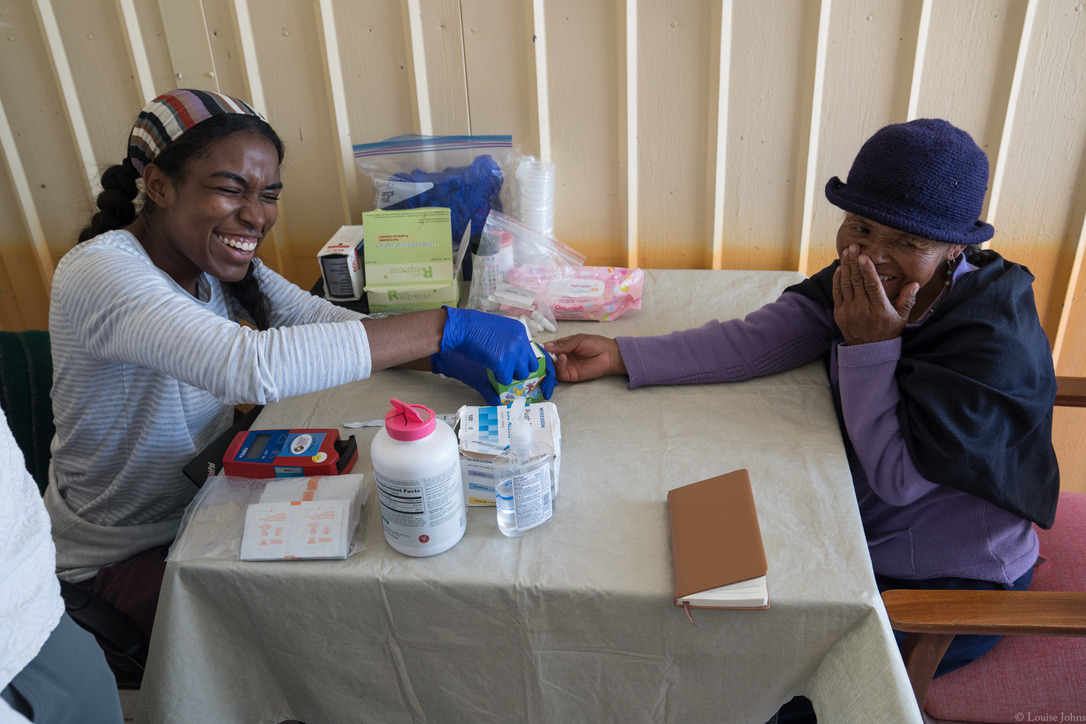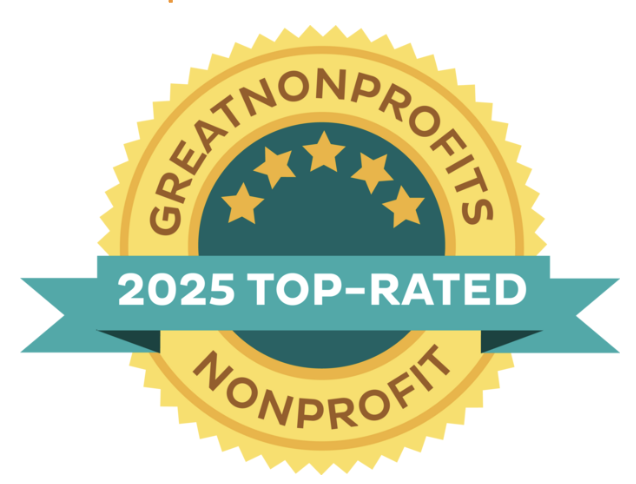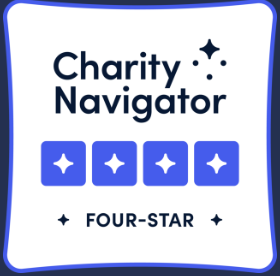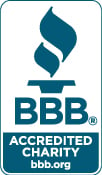Health Care
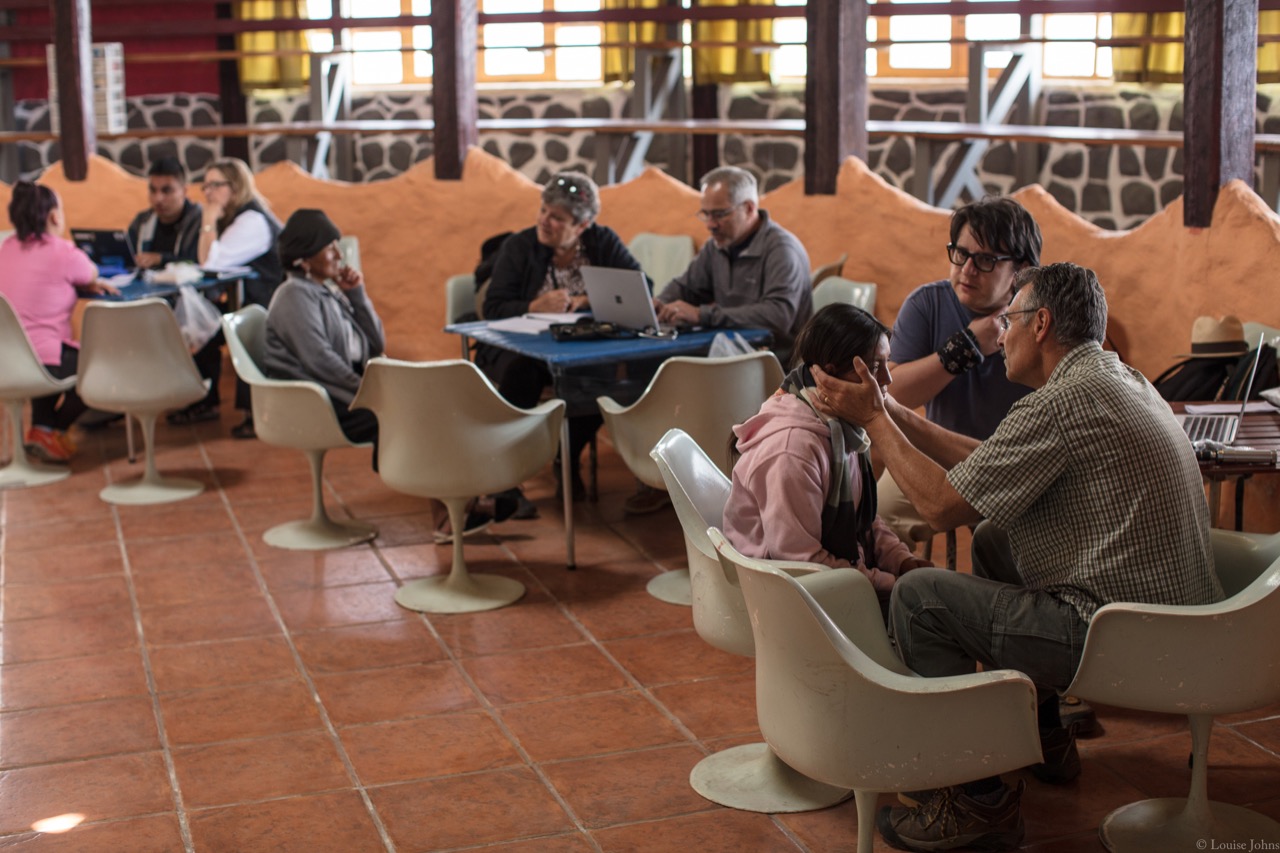
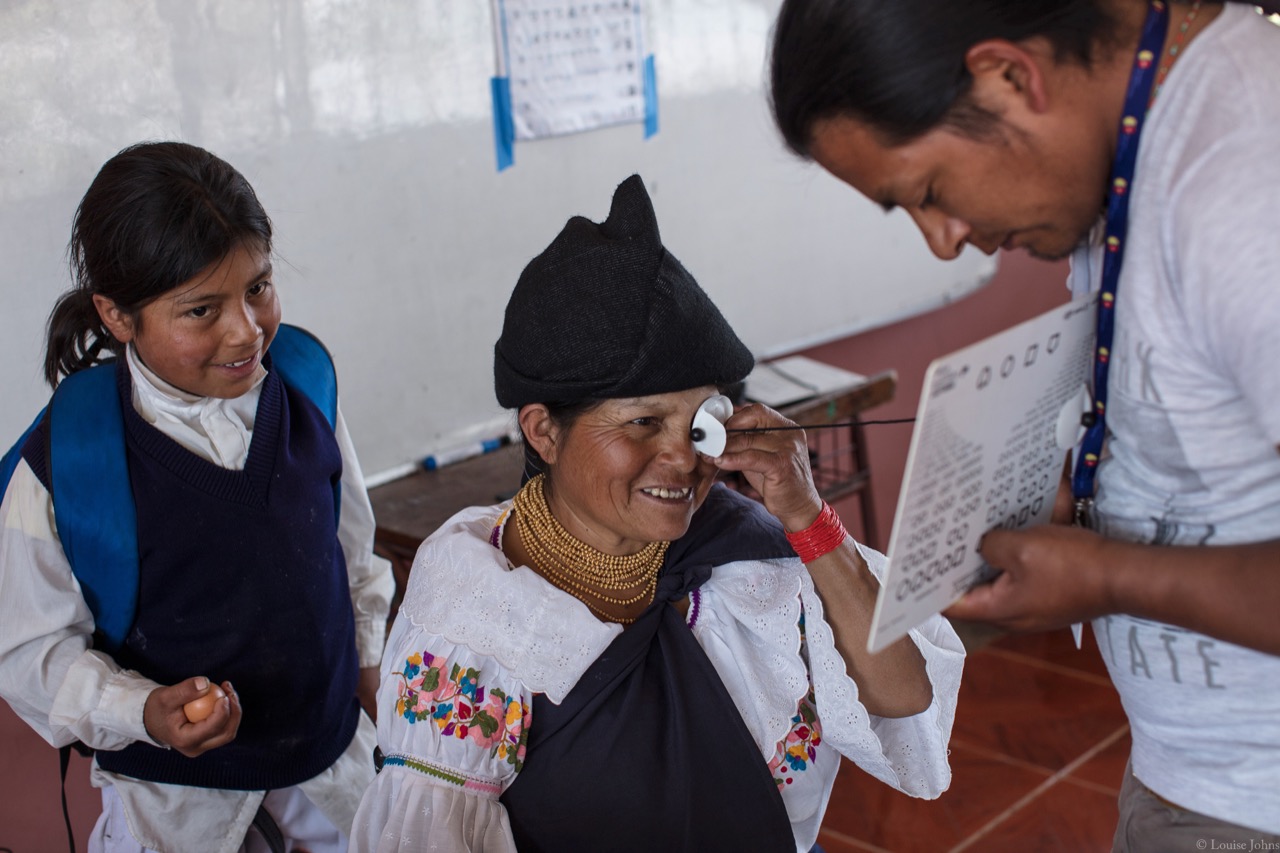
Though our ongoing Community Health and Well-being Program in Ecuador, The Tandana Foundation aims to improve rural community members’ access to health care and support local rural health professionals in caring for the residents of their areas. Our program supports patients in accessing care and learning how to navigate the public health system. We also support the local health centers with particular needs, such as a nutritional garden, supplies, and activities for their health clubs. In Mali, we recently built and equipped and entirely new health center serving about 9,000 residents.
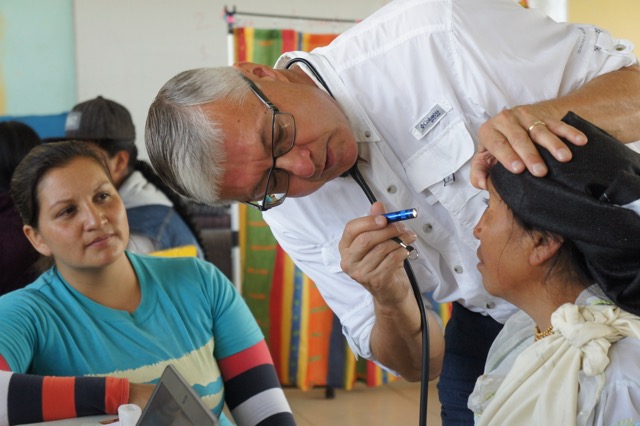
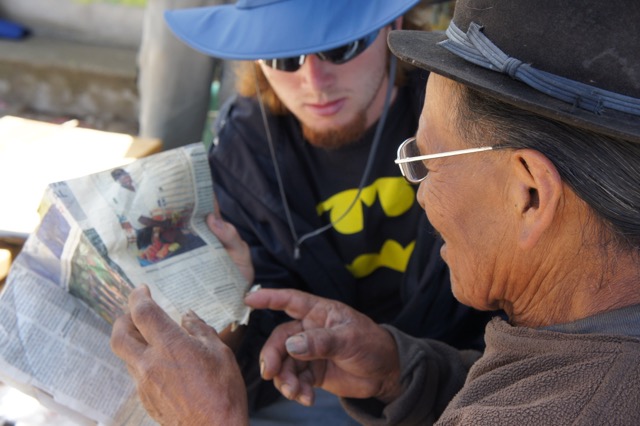
Our community visits are made possible through our strong relationships with the communities we support. Together with Tandana staff and local professionals, we bring a mobile clinic to visit various communities in the canton of Otavalo multiple times per year. We coordinate with the Ministry of Public Health, the Quinchinche and Gualsaqui rural health centers, and the Union of Kichwa Otavalo and Rural Communities of Quichinche. We have provided over 12,000 patient visits since we began the program in 2007.
We work mostly in communities pertaining to the Quichinche and Gualsaqui Subcentros (rural health centers). We collaborate with Subcentro staff to visit the more distant communities that are served by their center. The Subcentro staff are mandated to visit these communities regularly, but are given no funding to do so and have very limited supplies of medications. With Tandana’s help, they are able to fulfill their mission of providing care in these distant communities, from which access to the Subcentro is difficult.
When patients arrive at the school, community center, or health center where we are working, Tandana staff and local medical professionals take their names, ask basic questions, and take vitals, preparing them to see the health care providers. The providers examine the patients, make diagnoses, and prescribe medications from our portable pharmacy. We ask a contribution of $1 per family for the medications in order to promote valuation of the medicines and avoid creating dependency. Following the providers' recommendations, a nurse or other volunteer performs basic laboratory tests and our providers fill out referral forms for any patients they feel need additional care, tests, or specialists.
During our community visits, we can also address dental, vision, pediatric, and preventative care needs. Local dentists use our portable dental equipment to fill cavities, extract teeth, and do preventative treatments such as sealants and fluoride. For vision complaints, we conduct vision screening, provide reading glasses to those who need them, and refer those who require more specialized diagnosis and treatment to Fundacion Vista Para Todos. At schools, we weigh and measure the children, a nurse or doctor listens to their hearts and lungs, and we provide parasite medication if the children have not received it within 6 months of our visit. For all of these services, we keep records in our Electronic Medical Records system so that as patients return for subsequent community visits, we have their history accessible.
The Tandana Foundation is committed to providing culturally- and individually- respectful care. Staff receive an orientation including an introduction to the local culture and a discussion of the cross-cultural aspects of our work. Our team always includes at least one fluent Kichwa speaker, and we take the time to listen to patients fully even while trying to be efficient so that we can see as many patients as possible. We promote a spirit of collaboration with local health care options, including both professionals in Western medicine and traditional healers such as shamans and yachaks. We see our work as complementary rather than contradictory to that of traditional healers, and we make efforts to meet with, discuss with, and learn from local individuals with these specialties.
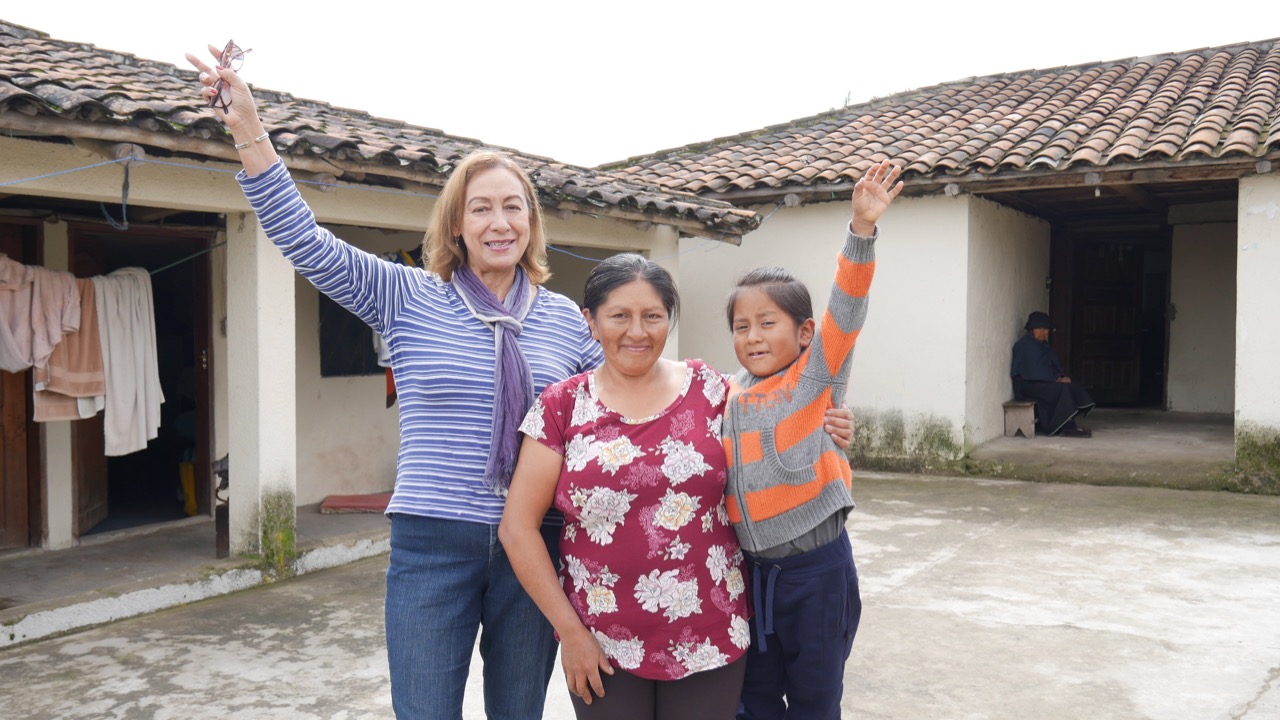
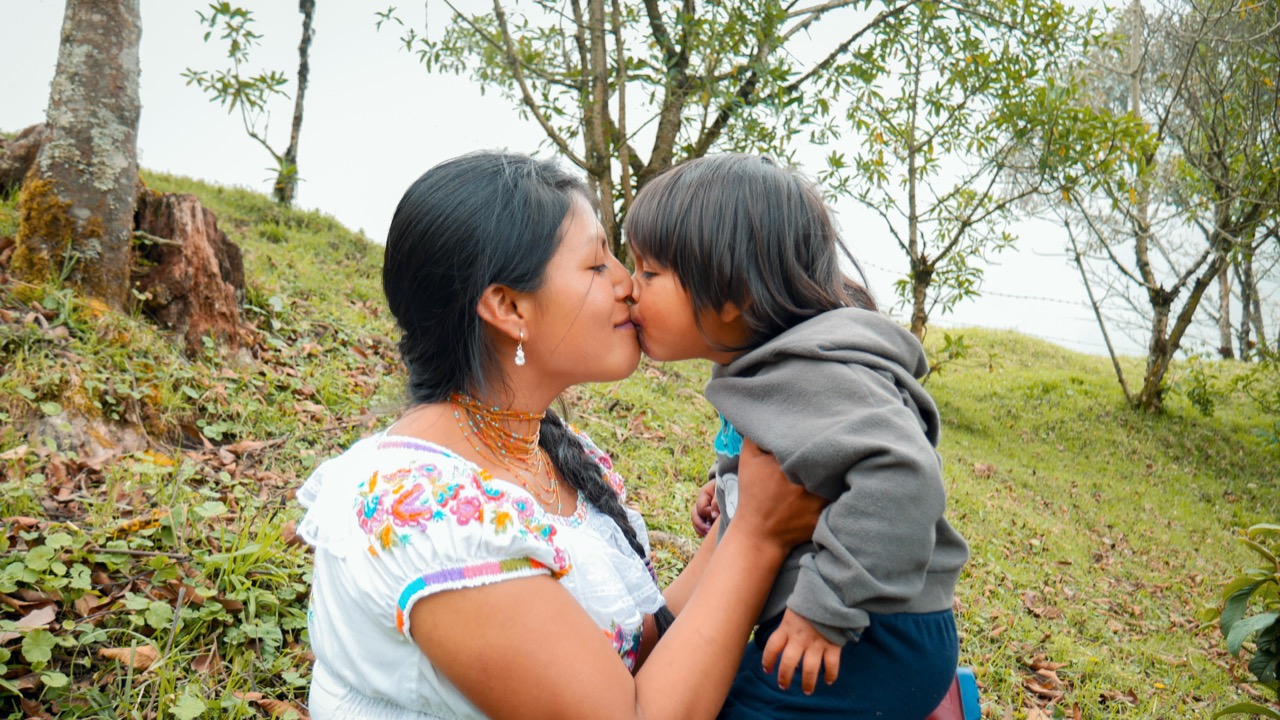
Tandana's Community Health and Well-being Program in Ecuador supports patients in accessing health care through the public health system and other resources that are locally available, while learning how to navigate the processes and locations involved. It is our goal that, through this process, patients learn how to use the system on their own.
Through many appointments, first at a rural health center, then at the hospital, and sometimes at specialized hospitals in the capital city of Quito or with other organizations such as Vista Para Todos or the Lions Club, patients access the care they need. Whether they need lab tests, specialists, surgeries, or eyeglasses, our Community Health and Well-being Program Coordinator works tirelessly to help them access the resources that are available. We work primarily with the Ministry of Health, and also with other foundations and private options when the public system does not offer what a patient needs.
Unfortunately, access to health services is very difficult for people living in rural communities for the following reasons:
- Difficulties understanding the procedures to be followed
- Transportation challenges
-
Communication gaps among the different levels of care
-
Difficulty scheduling appointments and long wait times
-
Cultural differences, language barriers, and racism
Our staff work with patients to navigate and overcome these challenges so that they can benefit from the services to which they are entitled as citizens of Ecuador and improve their health. Our goal is to ensure that once patients are on track and learn how to navigate the health system, from that point forward they are able to take advantage of its resources on their own.
New Health Center in Sal, Mali
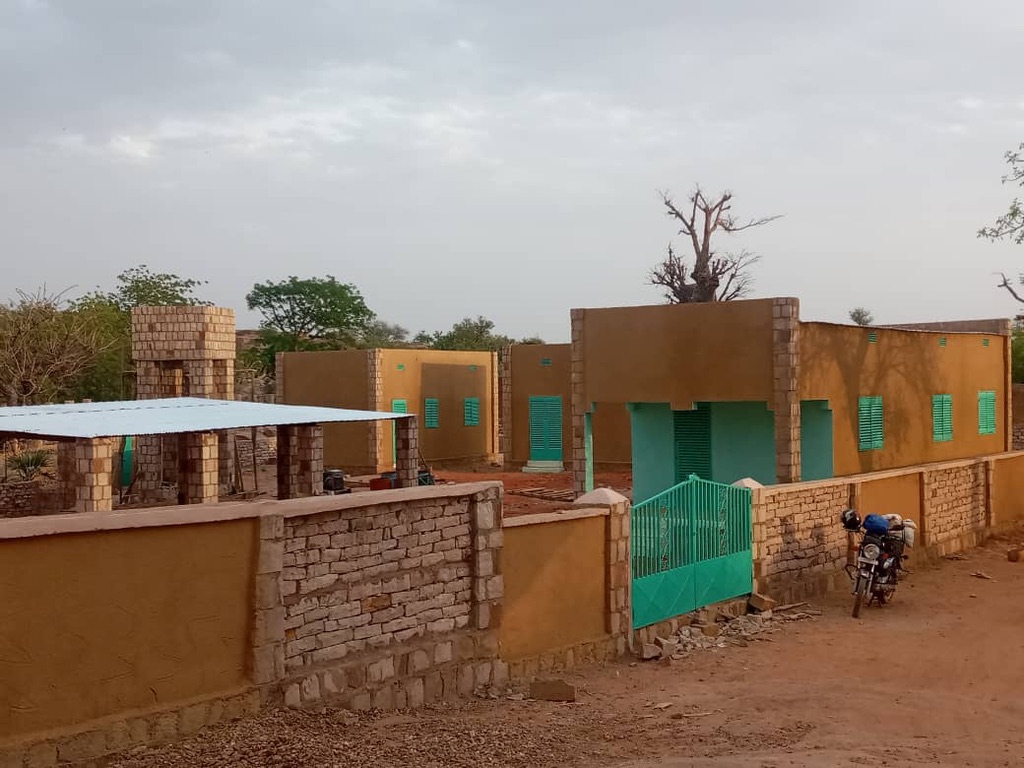
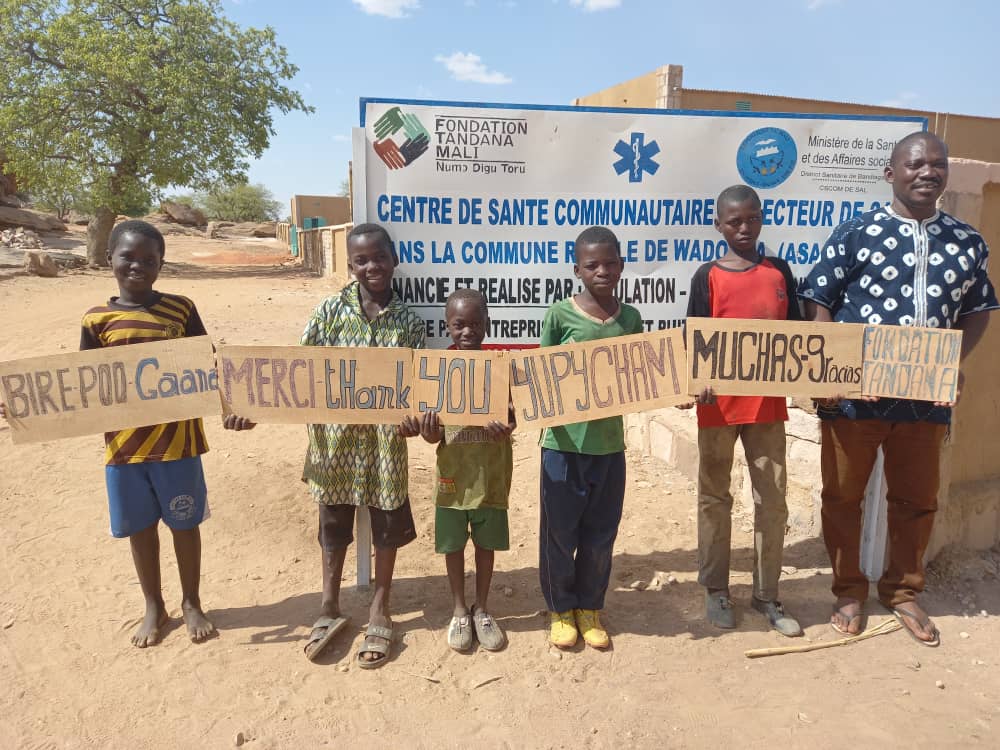
Tandana supported the construction of the new health center in Sal, Mali, thanks to a generous gift from Kitty and Dick Rosenthal. This new center serves about 9,000 people, who previously had to travel long distances over rough tracks to access health care. The residents of Sal worked hard alongside the skilled masons on construction, and then we equipped it with furniture and stocked it with supplies. It even has an ambulance, thanks to Vital Edge Aid. Local staff are now caring for patients in this new center.
Nutritional and Medicinal Plant Garden in Quichinche, Ecuador
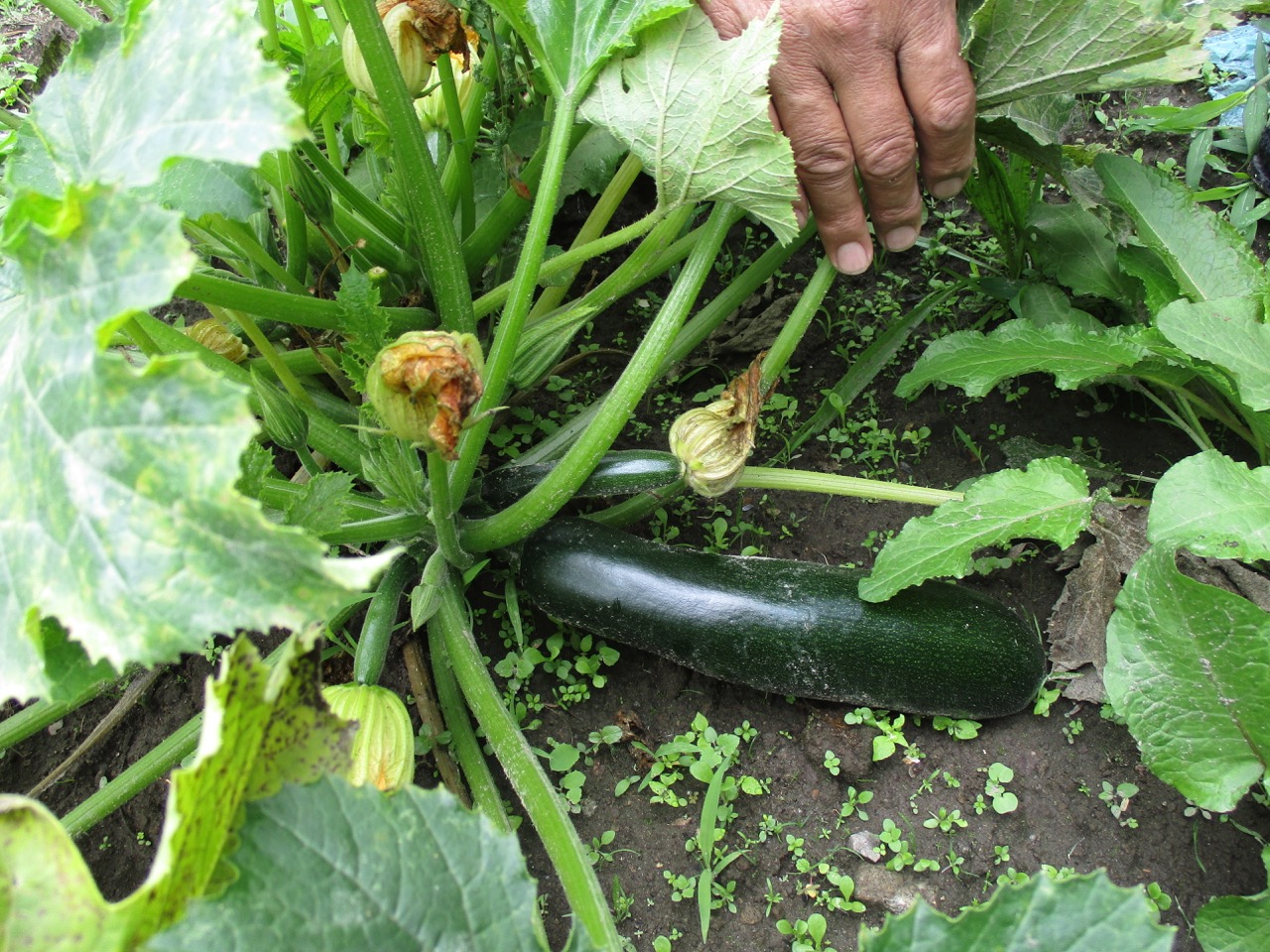
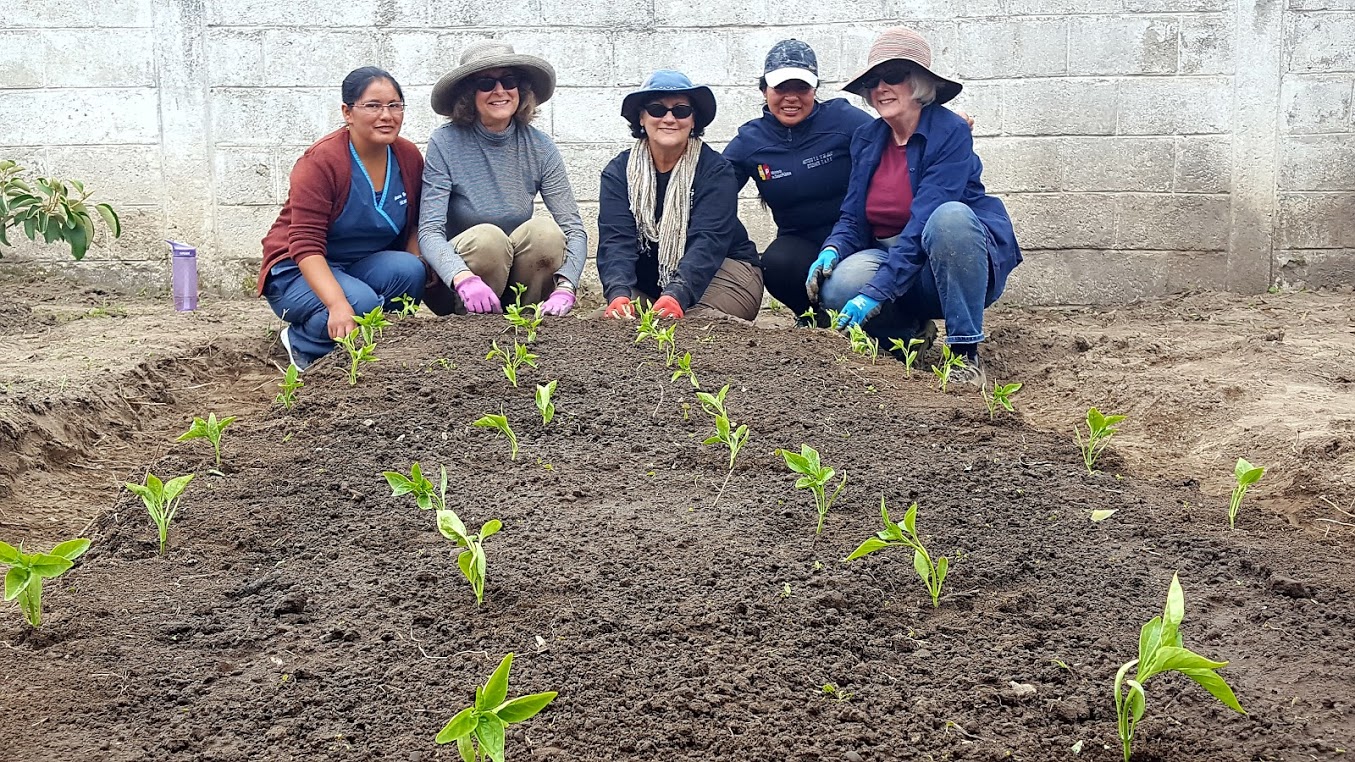
In a project combining health care and gardening, The Tandana Foundation collaborated with the rural health center in Quichinche, Ecuador to plant a vegetable and medicinal plant garden. In 2017 a visiting group of gardeners worked alongside the nurses to clear the garden, weed the beds, and plant 150 new seeds. Later in the same year another group of gardeners worked alongside staff from the health center to weed the garden and plant 60 more medicinal plants. The vegetables are used to teach the pregnant mothers' club new ideas for nutritional diets. The medicinal plants, such as oregano and lemongrass, are used to make soothing teas as well as to support a nutritious diet.
Keeping Seniors Active in Gualsaqui, Ecuador
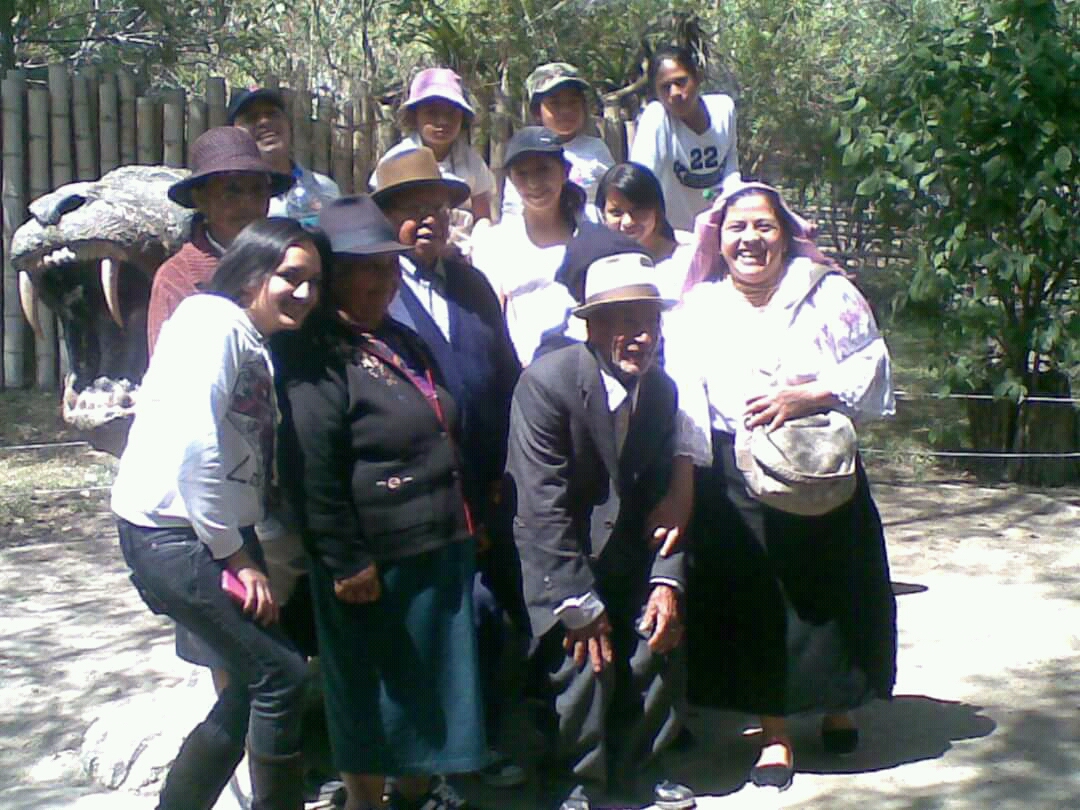
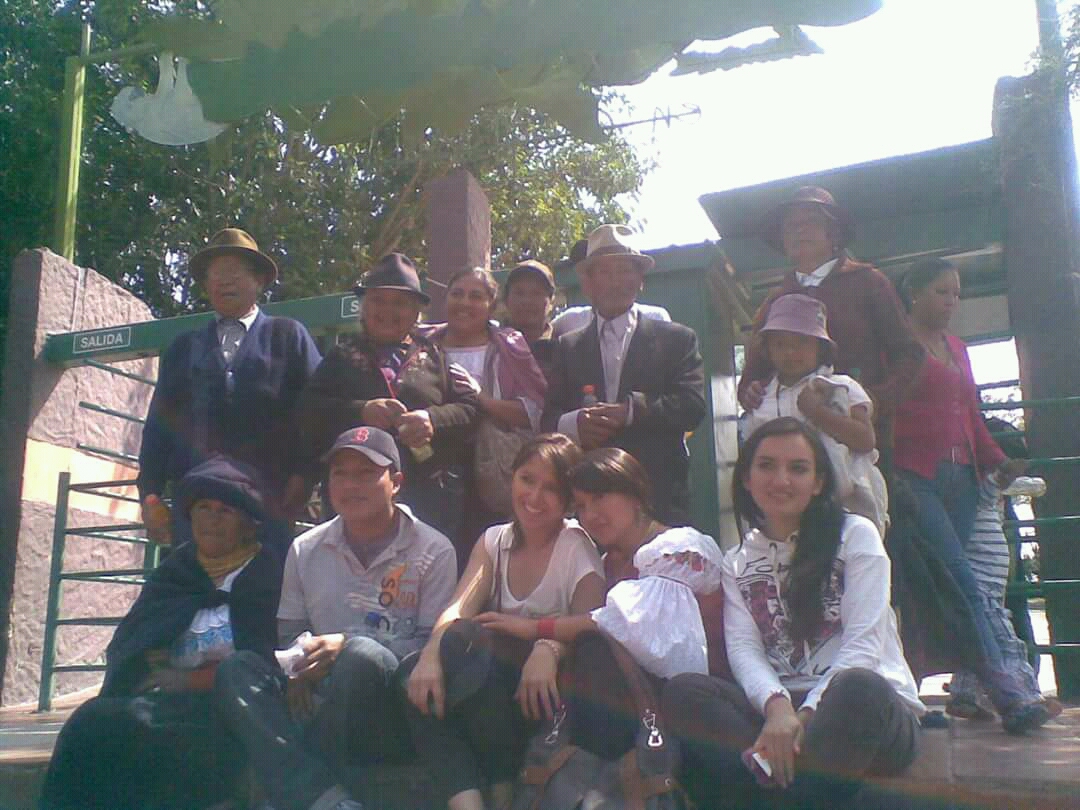
Each rural health center has an elders club to promote health through keeping people active. The one in Gualsaqui, Ecuador is called Segunda Juventud (Second Youth). They love to go on outings but can't raise enough money for the trips. They asked Tandana for support and we helped pay for their trip to go visit the Zoo in Guayllabamba.
Health Center Infrastructure in Quichinche, Ecuador
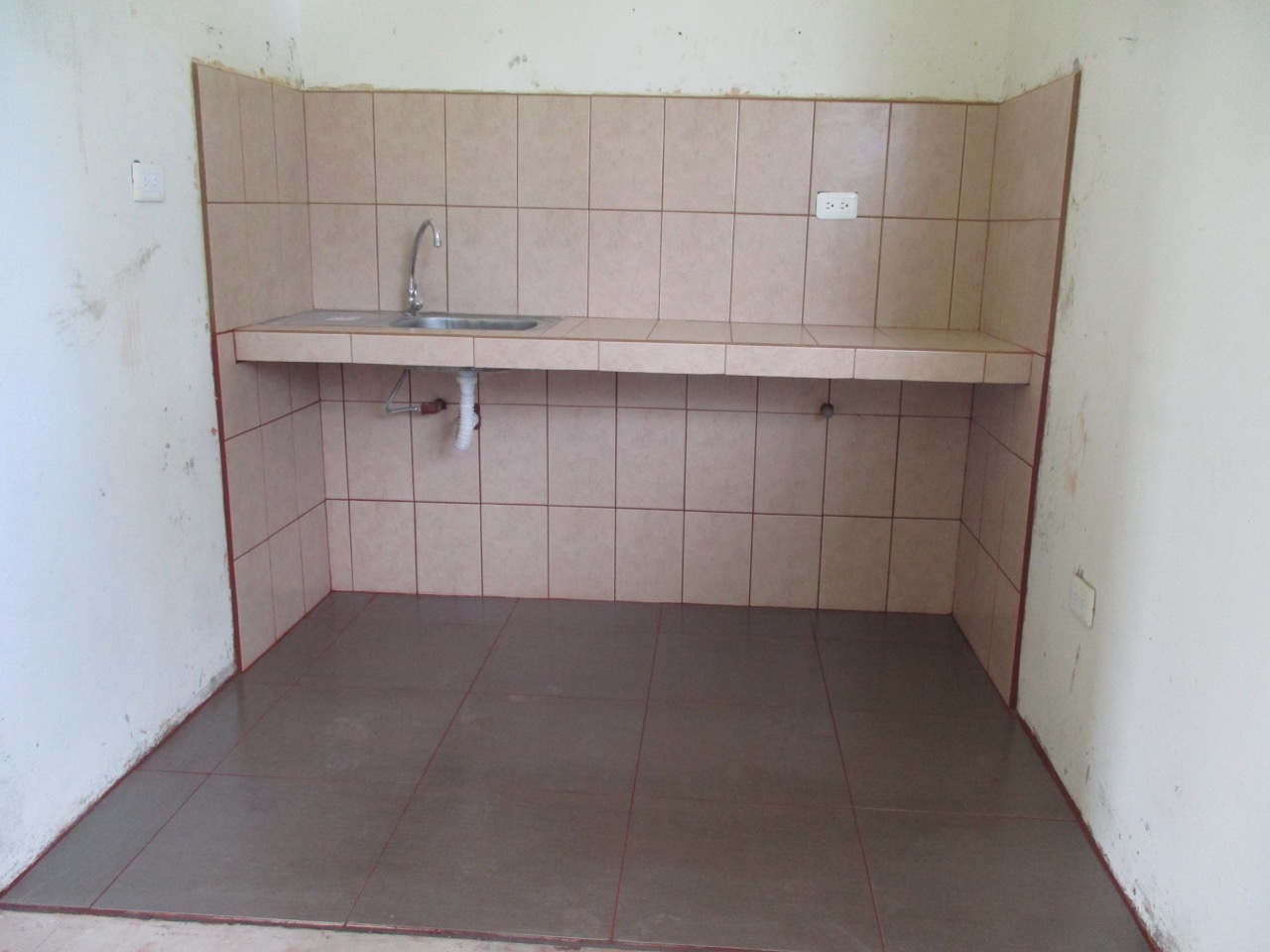

The health center in Quichinche has a room where club meetings are held for pregnant mothers and elders as well as where staff teach students about nutrition and other subjects. The staff asked Tandana to help fix up this space with tile, a sink, and glass for the windows. Now, they have a much cleaner and more comfortable environment for dance therapy classes, nutritional cooking demonstrations, and all kinds of meetings.
In Mali, we are helping our partner communities, who have no access to running water and limited access to public health information, limit the spread of COVID-19. Our team has done hundreds of education sessions on preventing the spread of coronavirus and distributed dozens of hand wash stations to make it more practical to follow health guidelines. We are also supporting a hospital and local health centers with supplies they need to care for their patients.
So far, we have: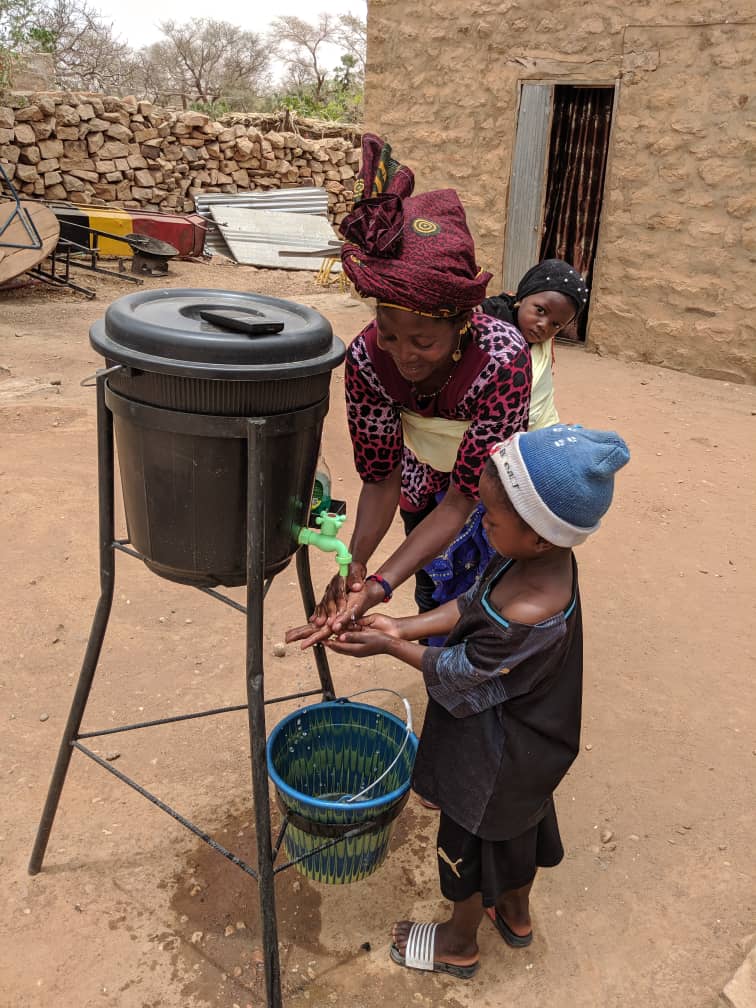
● Provided supplies and PPE for 5 health centers and the local hospital
● Hosted 530 education sessions in 82 villages on preventing the spread of the virus
● Provided 570 small hand wash setups for women's associations, families, and other groups
● Distributed 3,026 masks
● Produced and broadcast two radio programs about preventing the spread of COVID-19
In Ecuador, strict distancing measures have strained the ability of some community members to access food and medicine and exacerbated educational inequalities as school has gone online. We are supporting health center staff with supplies and transportation so that they can visit patients in the communities and deliver needed medications. We are supporting our scholarship students with additional expenses as they resourcefully access the internet from their mountain communities to keep up with assignments.
So far, we have: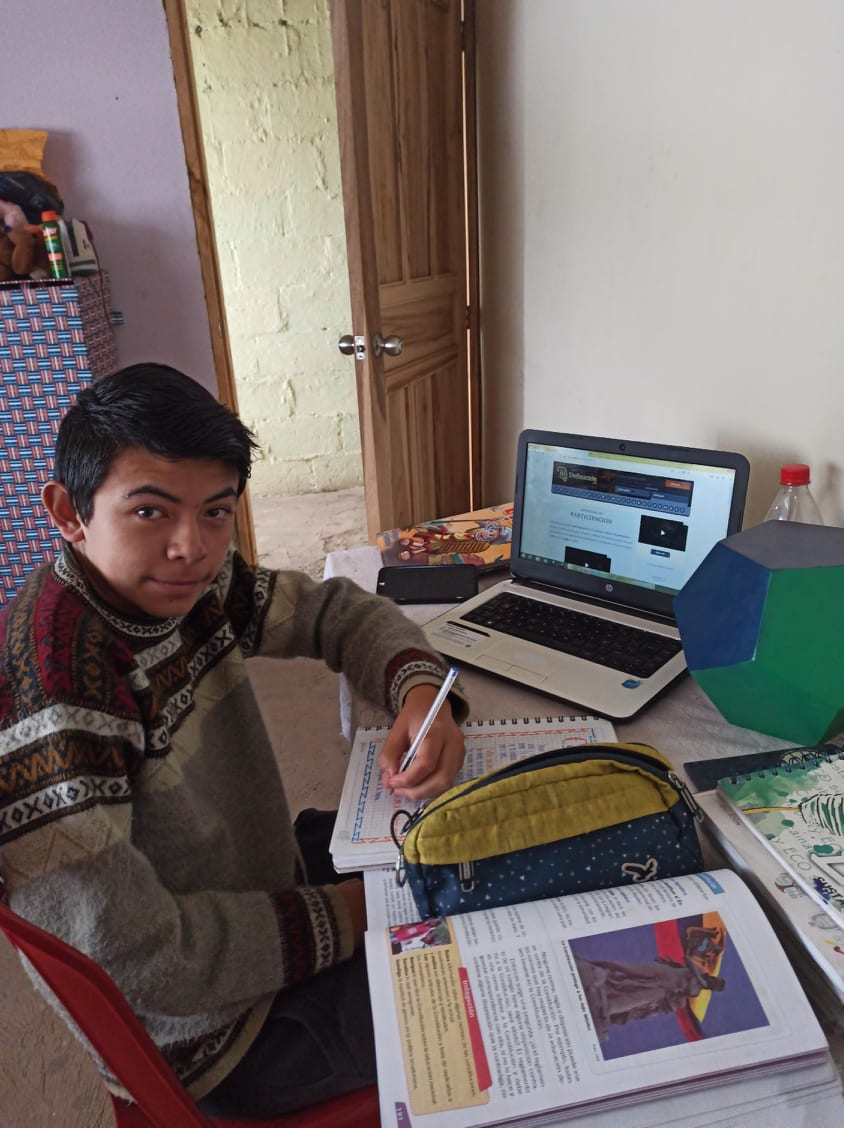
- provided 1000 tubes and 500 swabs for COVID-19 testing to the Ministry of Health
- provided medications, supplies, and PPE to 2 health centers
- funded transportation for staff from these 2 health centers to visit the communities for which they are responsible to provide care to patients, deliver medications, and do vaccinations
- provided internet access to scholarship students
- offered online summer school for students starting in our scholarship program
- Donated food baskets to 673 families in 8 communities
- Donated 40 fluid-resistant gowns to the Otavalo hospital to protect frontline personnel
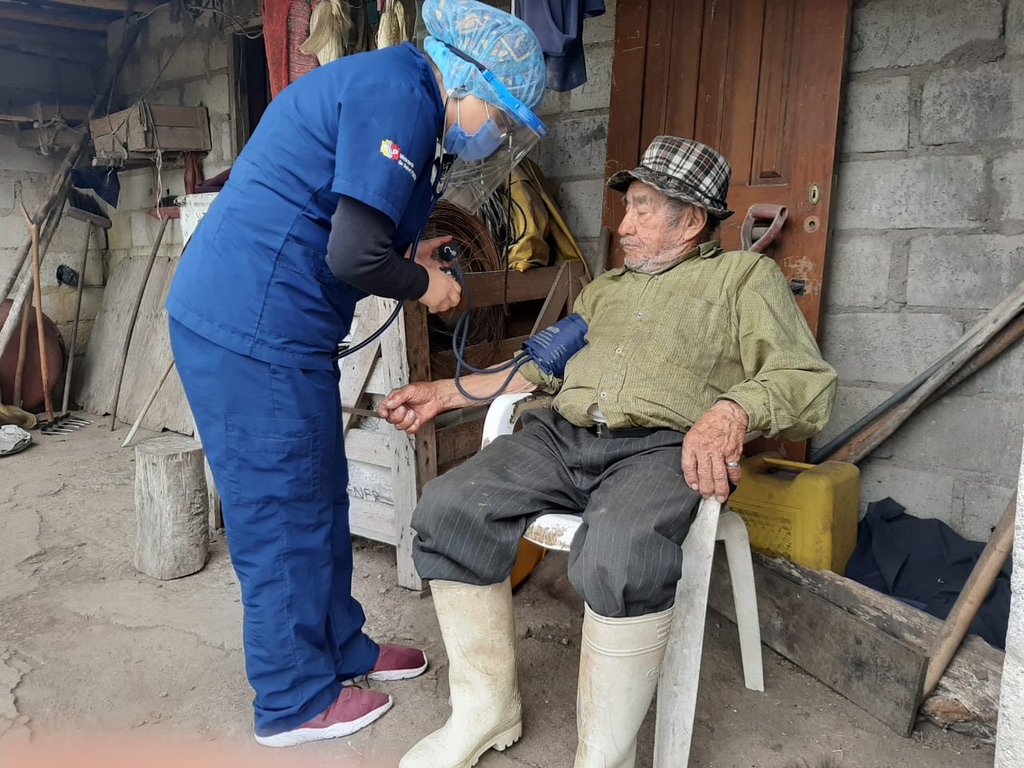
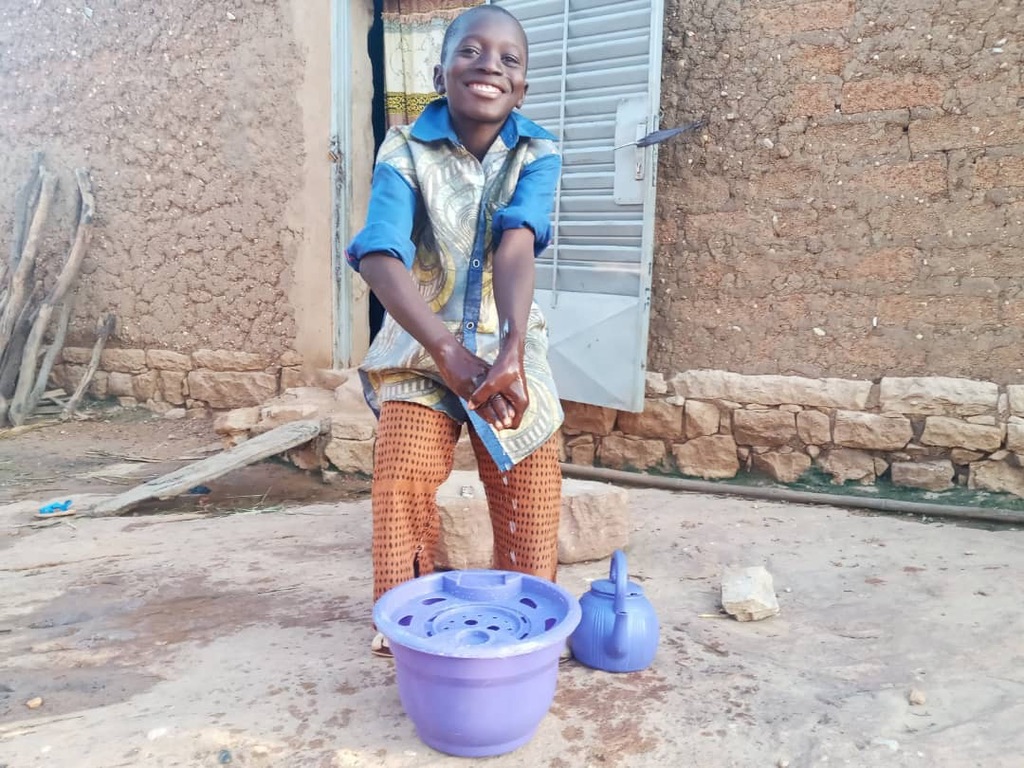
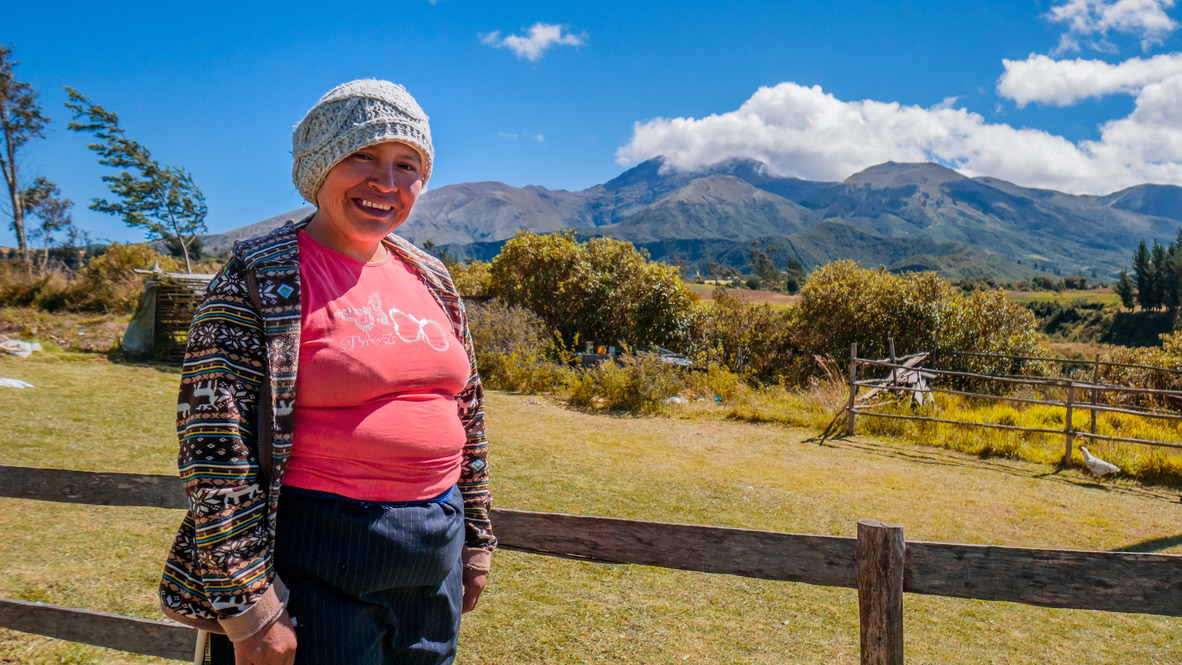
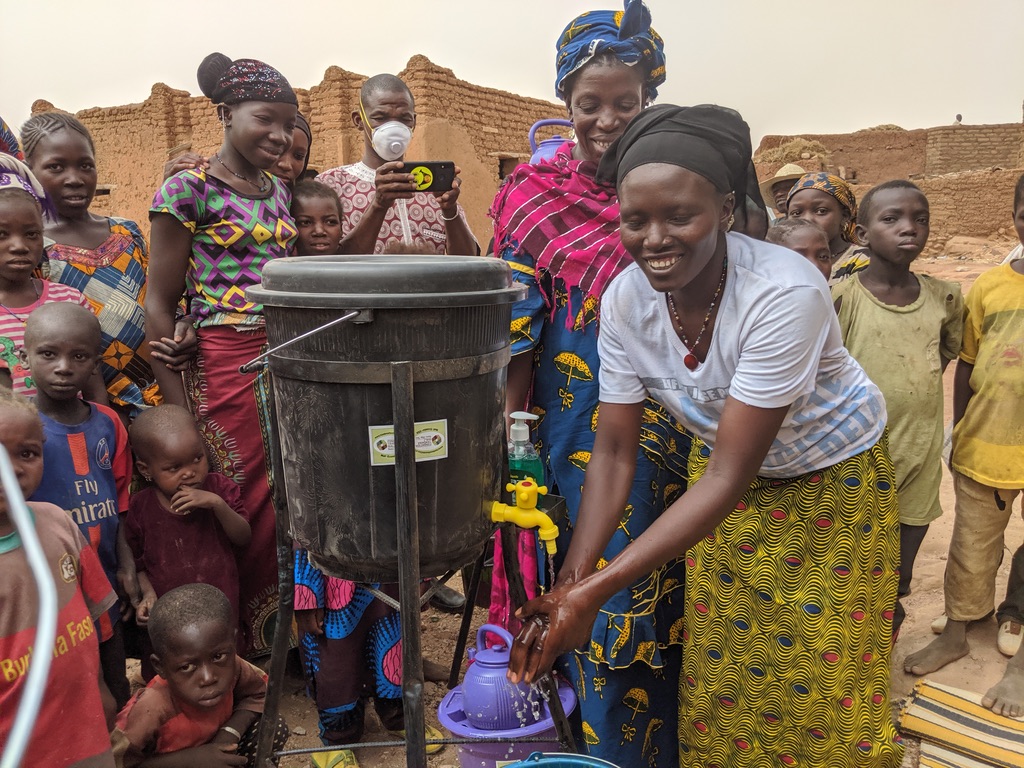
In November, Tandana Foundation to join hands at Cincinnati event for a healthier future in Ecuador and Mali
Delivering exemplary results: News from the Sal Health Center
Tandana strives to build health center in Mali in honor of longtime friend
Ready to achieve her dreams thanks to a new hearing aid
